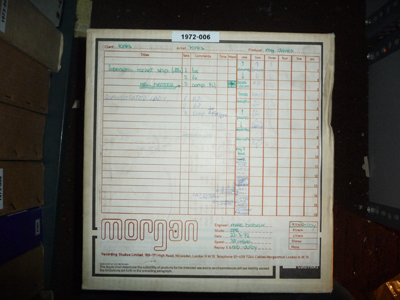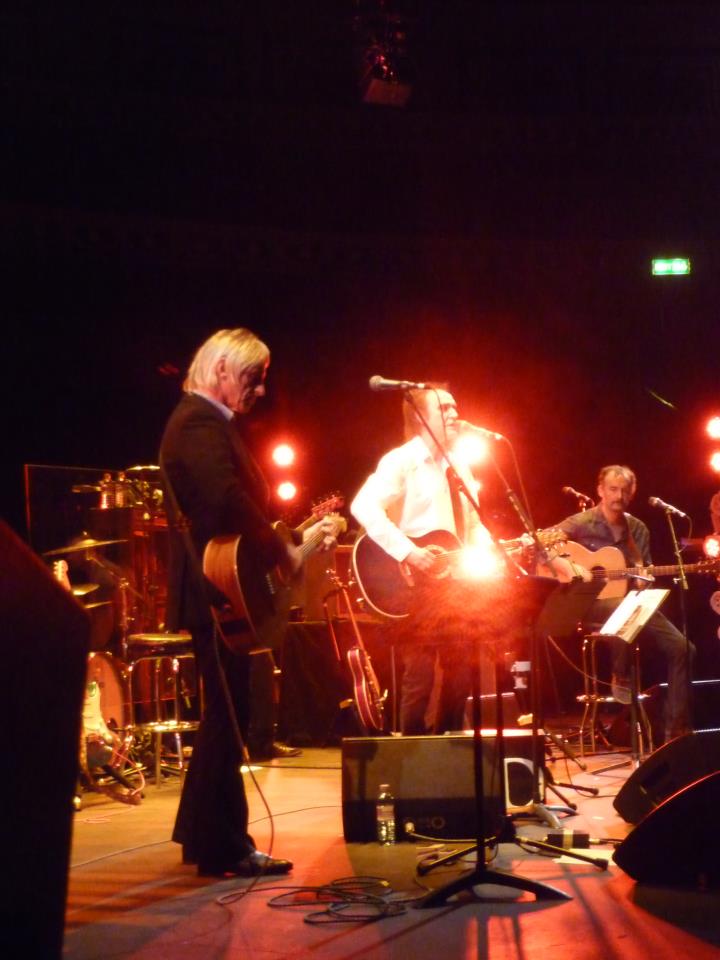‘A great set of questions. I’m proud to be part of this project.’ Ray Davies on Isle of Noises
Biggest hit Sunny Afternoon (The Kinks),
June 1966 – No 1; 13 weeks in chart
Biggest Album Kinks, October 1964 – No 3;
25 weeks in chart
Can you recall the sentiment behind writing “Lola”?
It was about love, but not directly. The song was designed. I didn’t
show the words to the band. We just rehearsed it with the la-la la-la
Lo-la chorus which came first. I had a one-year-old daughter at
the time and she was singing along to it. But I was bothered by the
arpeggio guitar at the beginning. I said, “It’s got to be hit in the first
three seconds.” Later I went back in the studio and took the phrase at the
end of the verse, C C C C D E, and replayed it at the beginning to
grab people’s attention. I had a new Martin acoustic guitar which I tracked
three times all slightly out of time to give it character. And then I put a
National guitar on top of it.
What was the ambition at the turn of the 70s?
The Who and the Kinks were both on a quest for the same destination
but went about it in different ways. I did it with things like
“Shangri-La” and “Australia”, what people call the section songs: the
thematic songs. I was trying to set up the idea that songs could be
playlets, small theatre pieces. To put them in a format so they could be
treated as more than a three-minute pop song. I will always aspire to write
the great three-minute song. I’ve not written it yet. “You Really Got Me”,
“All Day and All of the Night” and “Tired of Waiting for You” came
close. I just know there’s more juice in the tank. Better
performances. There’s always a better song to sing.
Was it difficult as a writer, with the emerging dominance of the
Beatles and the Stones?
You know what, sometimes they envied our freedom; we had one thing they
didn’t have and that was the right to fail. We didn’t have the publicity
machine the Beatles had. They were more accessible. They had more clearly
defined roles within the show business society and hierarchy. With the
Kinks, sometimes the audience are a little bit hesitant. It’s like, “What
mood are they in today?”, “Are they going to please us or challenge us?” I
think in a strange way it’s paid off.
Paul Weller and Ray Davies Albert Hall by
Chris Metzler












I believe Ray in my unhumbled opinion (if it were humbled I wouldn’t be posting it on here)wrote many perfect songs, however what drew me in is “Autumn Almanac” I absolutely love when a song like Anytime is released it’s such a moving song and I hope there are more to come. My favorite guitar riff and accompanying background is on Headmaster and I mean of any guitar riff from any band.